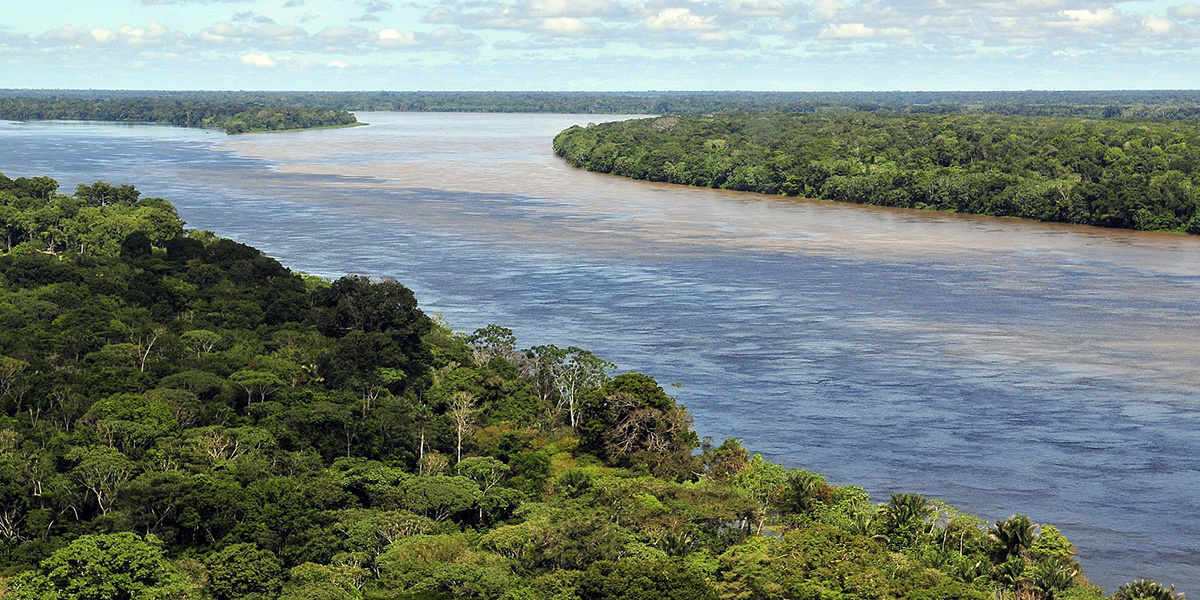
Poorer Countries Will See Greater Temperature Swings as Planet Warms

The countries that did the least to cause climate change are already projected to absorb the worst of its impacts, from sea level rise to devastating heat waves.
Now, researchers at the universities of Exeter, Wageningen and Montpellier have discovered another “unfair pattern,” a University of Exeter press release reported Thursday.
If no effort is made to curb carbon dioxide emissions and global temperatures continue to rise this century, poorer, tropical countries will suffer more temperature swings.
“The countries that have contributed least to climate change, and have the least economic potential to cope with the impacts are facing the largest increases in temperature variability,” lead author Dr. Sebastian Bathiany of Wageningen University said in the press release.
The study, published May 2 in ScienceAdvances, found that temperature variability would increase by about 15 percent per degree of warming in Southern Africa and the Amazon region and 10 percent in the Sahel region of Africa, India and Southeast Asia.
The researchers used 37 climate models used by the Intergovernmental Panel on Climate Change (IPCC) to look at changes in the standard deviation of monthly temperature anomalies. They used data going back to 1850, and projected future changes through 2100 based on a worst-case-emissions scenario.
In the Northern Hemisphere, they found that temperature variability decreased in every season except for summer, when it increased. According to the study, the decreases are due to the melting of sea ice in high latitudes and the warming of the Arctic in mid-latitudes, since a warmer Arctic means less of a difference between mid-and-high latitude temperatures.
In tropical latitudes, the researchers found that the increased temperature variability was due in part to a loss of soil moisture.
Concerned about the climate justice implications of their findings, the researchers calculated the changes in temperature variability for individual countries and found that countries with high Gross Domestic Products (GDP) saw variability decrease while countries with low GDP saw variability increase.
“The countries affected by this dual challenge of poverty and increasing temperature variability already share half of the world’s population, and population growth rates are particularly large in these countries,” study co-author and University of Exeter Prof. Tim Lenton said in the press release.
“These increases are bad news for tropical societies and ecosystems that are not adapted to fluctuations outside of the typical range,” he said.
The study’s discussion section pointed out that other research has associated temperature variability with lower agricultural production, reduced economic growth and even increased conflict and political instability.

 233k
233k  41k
41k  Subscribe
Subscribe 